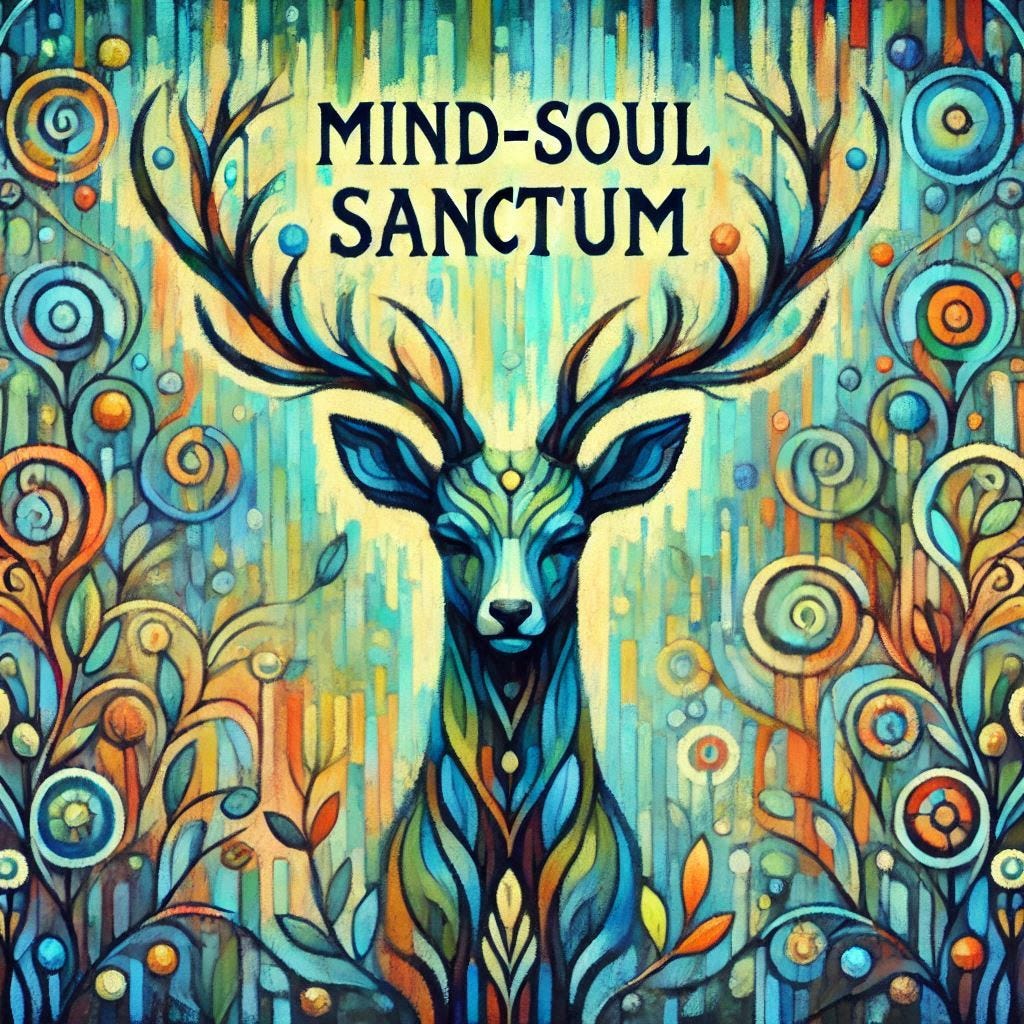Classes, books, and various firsthand lessons about mental health, personal development, and almost all things related teach that goal setting should be a priority. However, I have gathered enough insights to disagree with the prevailing view.
Making goals has become so standard as to be a self-evident imperative for any person seeking self-improvement. For persons battling any form of mental illness, the statement is doubly true.
It is easy to see why. I agree that setting one’s eyes on a future prize creates positivity and the potential for sustained, productive, activity. It is not that goals are a bad thing, but they are not the best thing.


